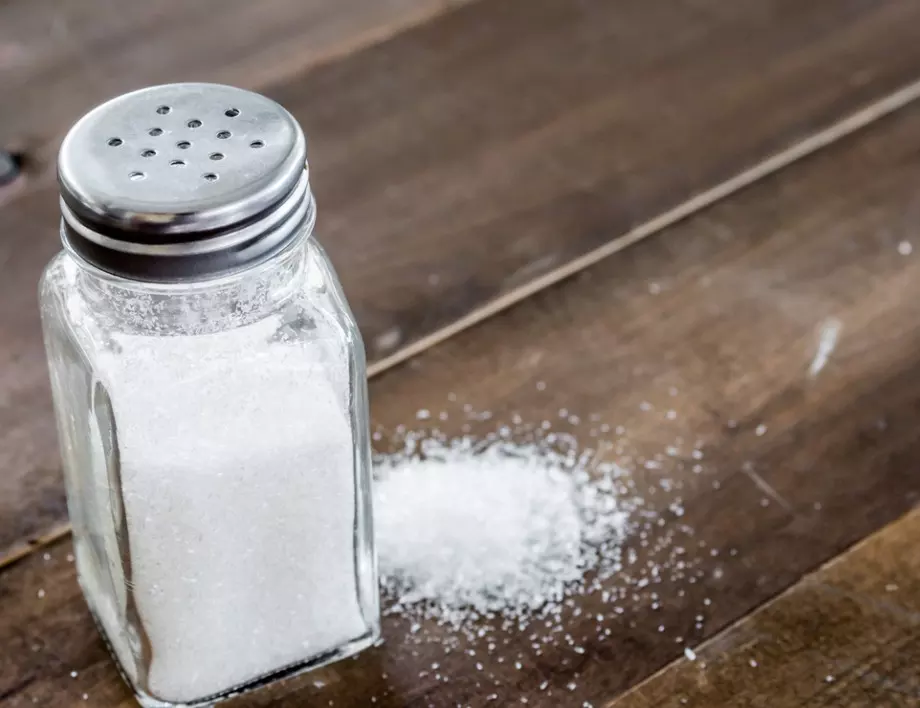Salt is addictive, and addiction to it can become a risk factor for hypertension, says the doctor of medical sciences and nutritionist Mariat Mukhina. There are people who perceive sodium chloride – ie. table salt – as a “taste stimulant” and tend to constantly increase the amount of salt in their food, says the doctor.
“We did a study of people’s taste buds. Some people get used to salt as a taste stimulant. They develop a semi-narcotic addiction to salt. They constantly have to increase the dose to irritate the taste buds on their tongue. They haven’t tasted the food yet, but they are already starting to salt it,” Mariat Mukhina explains. Studies show that such behavior is characteristic of people suffering from hypertension – continues the nutritionist. Excessive intake of sodium chloride contributes to the development of this disease, which is why the amount of salt in food should be reduced to reduce the risk of hypertension, she warns. For those who are used to salty dishes, Mukhina advises adding salt with a reduced sodium chloride content to the dishes.
Scientists from the US have proven that people who put extra salt in their food are at greater risk of premature death. The study, which involved more than 500,000 people, is published today in the European Heart Journal. Sodium in table salt (NaCl) increases the risk of cancer, high blood pressure and stroke. Estimation of the total intake of an unhealthy dietary supplement can be done by urinalysis. However, this method may not reflect dietary habits, as many foods initially contain high levels of salt.
Therefore, the researchers, led by Professor Lu Qi from the School of Public Health and Tropical Medicine at Tulane University in New Orleans, USA, decided to check how people’s habit of adding salt to food at the table affects their health. “In the Western diet, table salt accounts for 6-20% of total dietary intake. This provides a unique opportunity to assess the relationship between sodium intake and risk of death,” Professor Qi said. The scientists analyzed data from 501,379 people who participated in the UK Biobank. Between 2006 and 2010, participants were asked how often they added salt to their food. Individuals who chose not to respond were not included in the analysis. The researchers adjusted the analysis based on factors that could affect the results, such as age, sex, race, body mass index (BMI), smoking, alcohol consumption, physical activity, diet and general health. Study participants were followed for an average of nine years. Death before the age of 75 is considered premature. For those who like to eat more salty, the risk of early death is 28% higher compared to those who never or rarely use the salt shaker. The study also found lower life expectancy among people who always added salt. At age 50, the life expectancy of women and men who constantly added sodium chloride to their plate decreased by 1.5 and 2.28 years, respectively. These risks are slightly reduced in people who eat a lot of fruits and vegetables. As Professor Qi explains, they are a major source of potassium, which has a protective effect.
“To my knowledge, our study is the first to assess the relationship between added dietary salt and premature death,” he says. – “This provides new evidence to support recommendations for dietary behavior change. The scientist believes that even a small reduction in sodium intake by reducing the amount of salt added to the meal or avoiding extra servings of the taste enhancer can lead to significant benefits for health.









